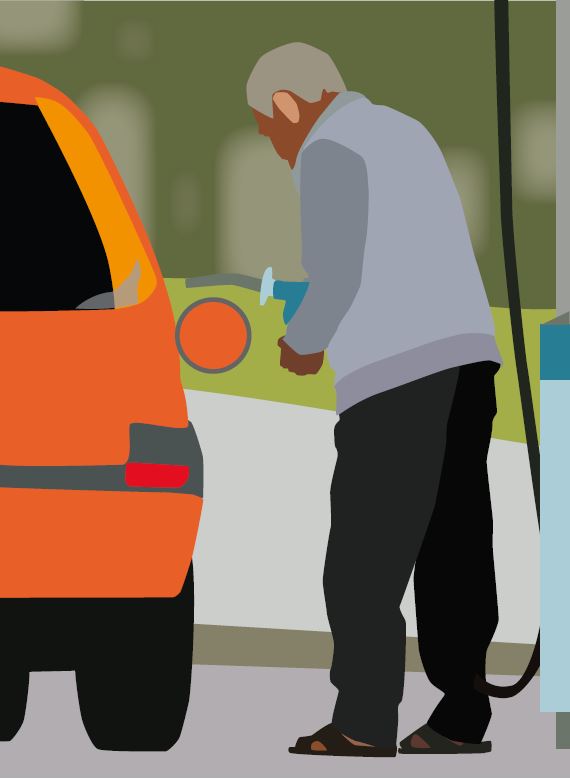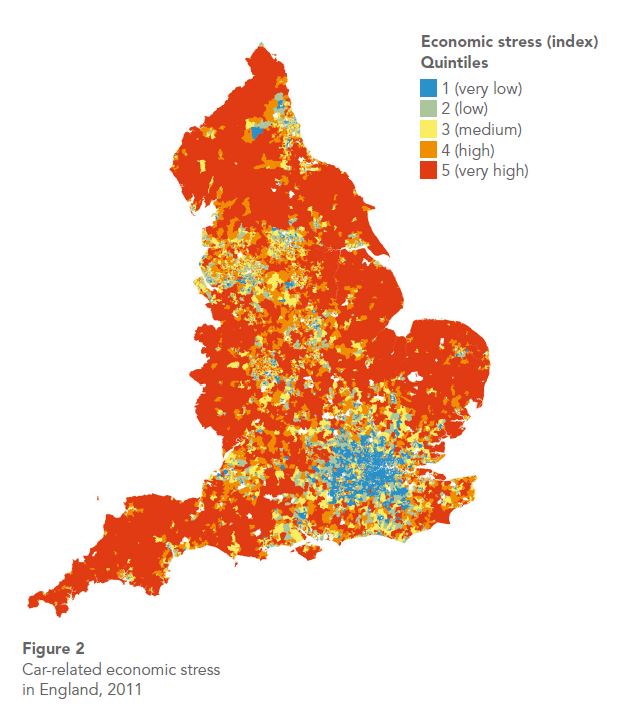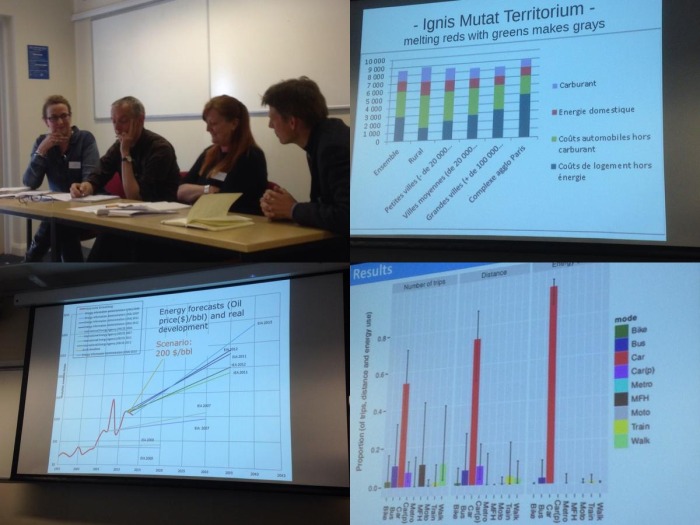
It’s been a long time coming, but we’re almost there. The two-day international workshop of the (t)ERES project of May 2015 (see the presentations here) led to a call for papers for a Special Issue of Transport Policy on “Household transport costs“.
As usual with these things, the process is a bit lengthy, but we have now reached a first milestone. The first two papers of the Special Issue are now published online.
Joachim Scheiner – ‘Transport costs seen through the lens of residential self-selection and mobility biographies‘
In his paper, Joachim Scheiner of TU Dortmund University provides a fresh perspective on the issue of transport costs. Scheiner looks at the issue of transport costs through the lens of mobility biography and residential self-selection research. His theoretical paper highlights that high transport costs in the present time can be the result of travel and residential decisions that individuals have taken earlier in the life course. Over time, these patterns can become entrenched as a result of path dependencies and self-reinforcing dynamics.
Nathalie Ortar – ‘Dealing with energy crises: Working and living arrangements in peri-urban France‘
Nathalie Ortar of the University of Lyon provides an interesting investigation of how households deal with increasing transport and domestic energy prices in periurban areas in France. The qualitative study provides much needed evidence of how households adapt (or not) their travel and domestic practices. An important conclusion of this research is that businesses and employers play an important (but often neglected) role in influencing households’ energy needs, notably for commuting.
More articles will be published online in the next few months. We expect to publish the complete special issue sometime in 2017.


